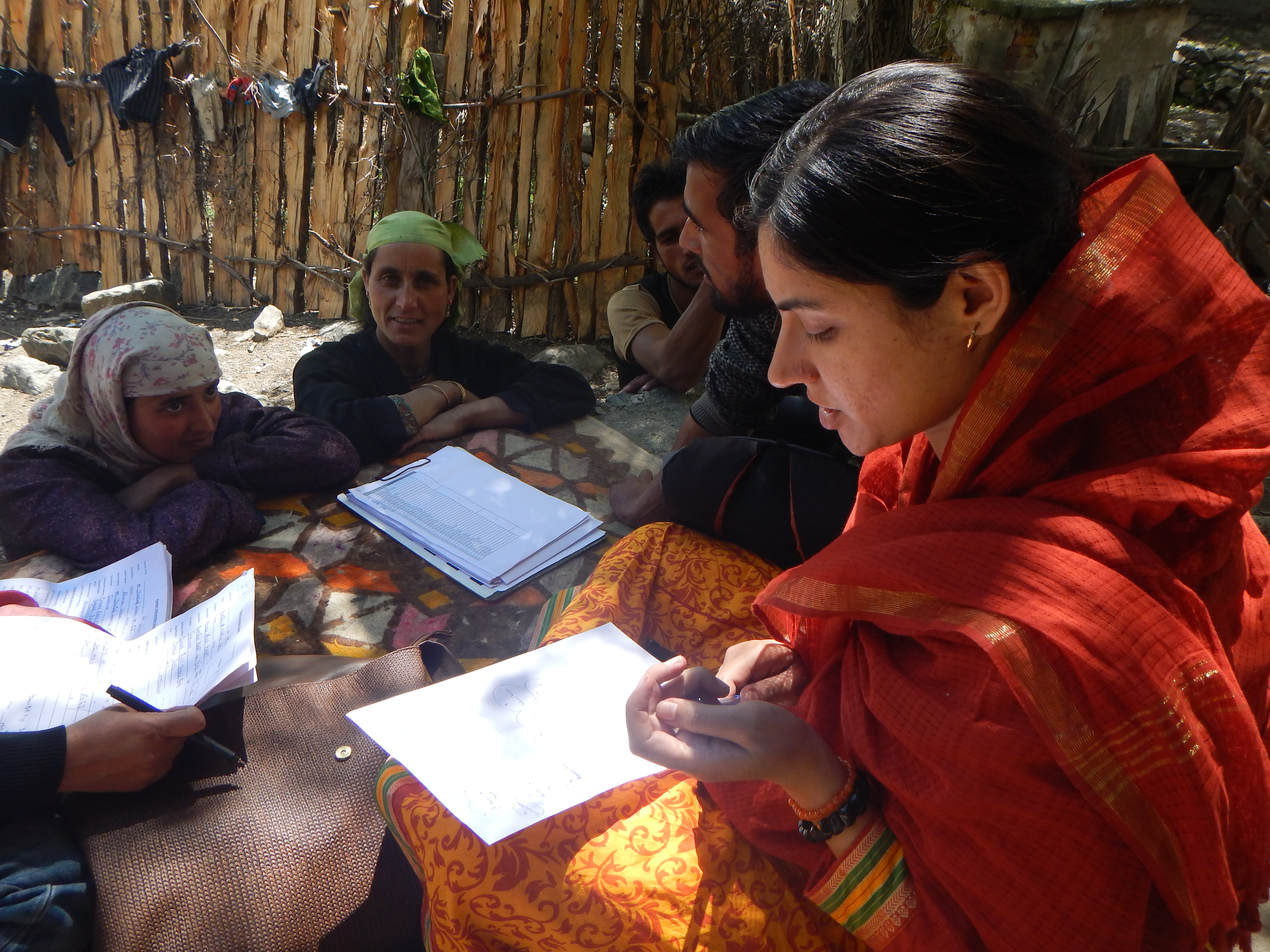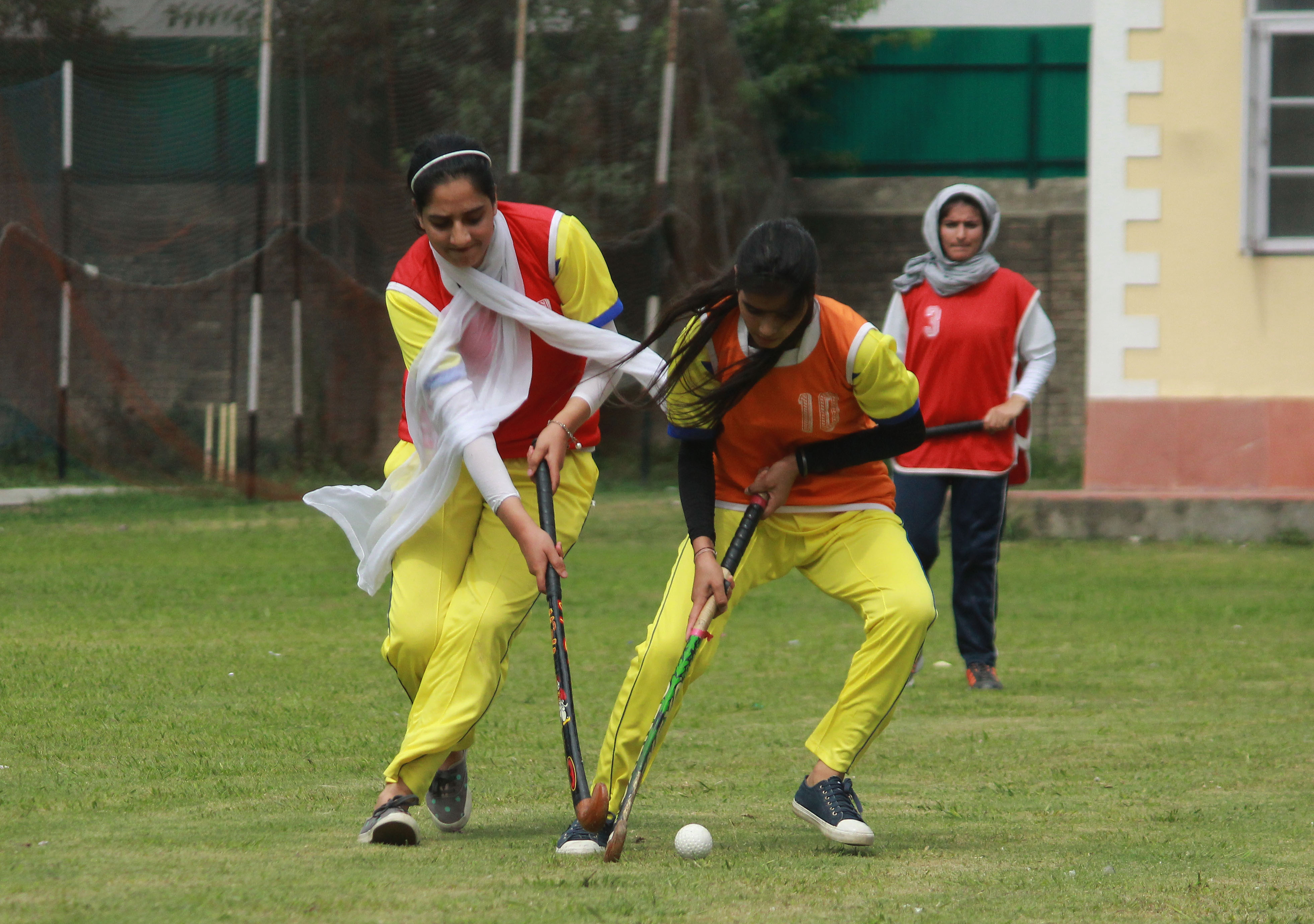When politics surpasses journalism
 Benish Ali Bhat, a young journalist from India-administered Kashmir, is passionate about making documentary films and writing about her homeland, one of the world’s most sensitive conflict zones.Bhat is being sponsored by the Friedrich Ebert Foundation for an internship at the Deutsche Welle in Bonn. She speaks to DW’s Martina Bertram about her future goals.
Benish Ali Bhat, a young journalist from India-administered Kashmir, is passionate about making documentary films and writing about her homeland, one of the world’s most sensitive conflict zones.Bhat is being sponsored by the Friedrich Ebert Foundation for an internship at the Deutsche Welle in Bonn. She speaks to DW’s Martina Bertram about her future goals.
DW: Kashmir is a flashpoint which has affected many people in the past decades. How dangerous is it for a journalist there?
Benish Ali Bhat: I work in Indian-administered Kashmir. There are days which begin in a peaceful manner but one has no idea how they will end. A very normal situation can quickly turn into a violent one. One spark is enough. All reporters, men or women have a risky job to do. To be close to an event means you are close to a potentially violent situation. Journalists can land in difficult situations even when they are covering news.
Where are the limits and taboos for news coverage?
It depends on the situation. Let’s take the example of a local event in which the security forces clash with the residents. In the local media, it is easier to report on such issues. In the national media, you find a bias towards the Indian government and it is difficult and sometimes even impossible to report on sensitive issues. No editor would like to put himself or herself in a problematic situation. On the other hand, one needs to take into account and respect the sensibilities of the local population, the readers or the users. To ignore these could also be dangerous.
How can a free media contribute to resolving a conflict?
In this conflict, politics plays the main role and not journalism. The influence of the government in such an issue is very strpong. To answer your question, the media can only contribute towards resolving a conflict, if they are allowed to report freely. You cannot muzzle people. Journalism can lead the way towards dialogue. The opinion and the anger of the people of Kashmir should not be suppressed. I therefore prefer to work in local media organizations.
What challenges do journalists face?
Journalists can work factually and offer background reports on conflict situations. But journalists often do not have enough information. National news agencies are particularly challenged in this aspect. Most of the time they do not have enough background information regarding the conflict in Kashmir and that is why the people of India are not very clear about the issue
You also work as a documentary filmmaker. What is your aim in this field?
Kashmir is fragile. I want to contribute towards preventing its collapse. Through films, I want to transport real images of people there. Of course, it would be great if the national media were willing to broadcast my word. I would gladly let them do so. That won’t be easy though I would like to keep this as a long-term goal.
Interview: Martina Bertram / mg
Editor: Grahame Lucas






